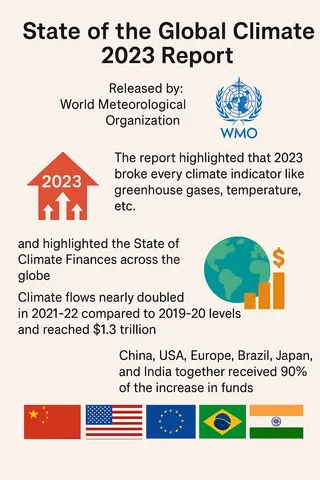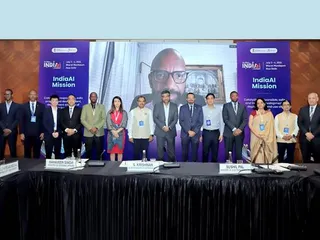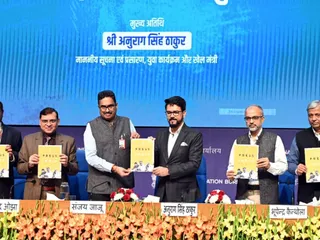The aspiration to build a prosperous, self-reliant, and globally influential nation is a common goal for many countries. Achieving this requires a multifaceted approach encompassing several key areas:
Economic Prosperity:
- Diversified Economy: Reducing reliance on single industries or export markets is crucial for resilience. This involves investing in innovation, technology, and human capital across various sectors.
- Sustainable Development: Balancing economic growth with environmental protection and social equity is essential for long-term prosperity. This includes investing in renewable energy, sustainable agriculture, and responsible resource management.
- Infrastructure Development: Investing in robust infrastructure, including transportation, communication, and energy networks, is vital for economic efficiency and competitiveness.
- Education and Skills Development: A well-educated and skilled workforce is essential for innovation, productivity, and economic growth. This requires investing in quality education at all levels and providing opportunities for lifelong learning.
Self-Reliance:
- Food Security: Developing domestic agricultural capacity to ensure food self-sufficiency is a cornerstone of national security and resilience.
- Technological Independence: Investing in research and development to foster technological innovation and reduce reliance on foreign technology is crucial.
- Energy Security: Diversifying energy sources and developing domestic energy production capabilities reduces vulnerability to external shocks.
- Supply Chain Resilience: Building robust and diversified supply chains minimizes dependence on single suppliers and strengthens national resilience.
Global Influence:
- Diplomacy and International Relations: Building strong diplomatic relationships and actively participating in international organizations enhances a nation's global standing and influence.
- Soft Power: Promoting cultural exchange, education, and humanitarian aid can enhance a nation's positive image and global influence.
- Contribution to Global Solutions: Addressing global challenges such as climate change, poverty, and disease can enhance a nation's global reputation and influence.
The path to achieving this ambitious goal is complex and requires sustained effort, effective governance, and a commitment to long-term planning. It necessitates collaboration between government, businesses, and civil society.
For further information on national development strategies, you can consult resources from organizations like the United Nations Development Programme (UNDP) and the World Bank.






























































